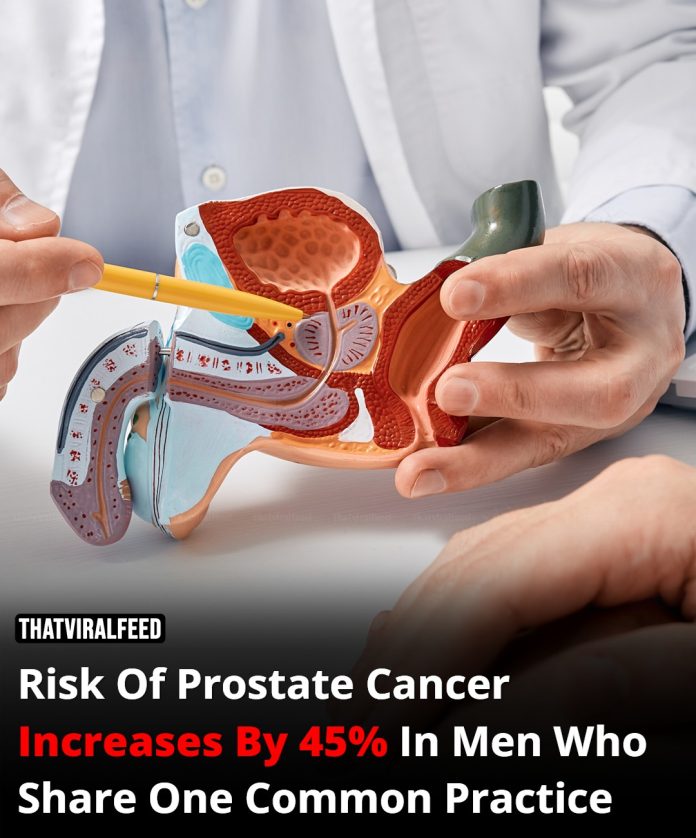Prostate cancer remains a significant health concern for men worldwide, ranking as the second leading cause of cancer-related deaths among men in the United States, following lung cancer. According to the American Cancer Society, approximately one in eight men will be diagnosed with prostate cancer during their lifetime, and about one in 44 men will succumb to the disease.
Recent research underscores the critical importance of regular prostate cancer screenings. A comprehensive 20-year study conducted by the Erasmus MC Cancer Institute at the University Medical Center in the Netherlands has revealed a stark correlation between screening attendance and mortality rates. The study analyzed data from 72,460 men across seven European countries, making it one of the most extensive prostate cancer screening studies to date.

The findings are alarming: men who consistently avoided prostate cancer screening appointments faced a 45% higher risk of dying from the disease compared to those who attended their screenings. Specifically, the study identified a group of ‘non-attenders’—individuals who skipped every screening invitation—and found that this group had a significantly elevated mortality risk. Conversely, men who participated in regular screenings experienced a 23% lower chance of dying from prostate cancer. Those who skipped screenings entirely had a 39% higher risk overall.
These results highlight the life-saving potential of prostate-specific antigen (PSA) testing, a common method used to detect prostate cancer early. Early detection through PSA testing can lead to timely treatment, which is crucial in managing and potentially curing prostate cancer.
Dr. Renée Leenen, M.D., Ph.D., the lead author of the study, emphasized the need to understand the reasons behind screening avoidance. She noted that men who opt out of screenings might be ‘care avoiders,’ individuals less likely to engage in preventive health behaviors. This contrasts with health-conscious individuals who are more inclined to attend regular screenings.
Dr. Leenen advocates for the development of population-based prostate cancer screening programs that encourage higher rates of informed participation. By identifying and addressing the barriers that prevent men from attending screenings, healthcare providers can design more effective outreach strategies. Such programs could significantly reduce prostate cancer mortality rates by ensuring early detection and treatment.

The study’s findings are scheduled to be presented at the European Association of Urology (EAU) Congress in Madrid, Spain, further emphasizing the international importance of this research.
In light of these findings, men are encouraged to discuss prostate cancer screening with their healthcare providers, especially if they are over the age of 50 or have a family history of the disease. Regular screenings can lead to early detection, which is vital for successful treatment outcomes.
For those seeking more information or support regarding prostate cancer, the American Cancer Society offers confidential assistance 24/7. Individuals can call their helpline at 1-800-227-2345 to speak with a trained cancer information specialist.

















